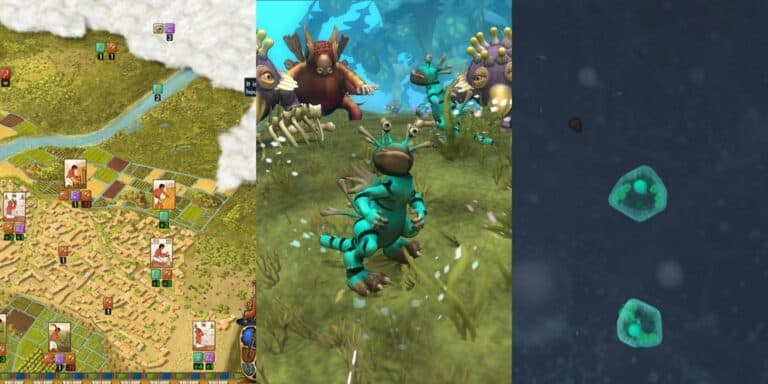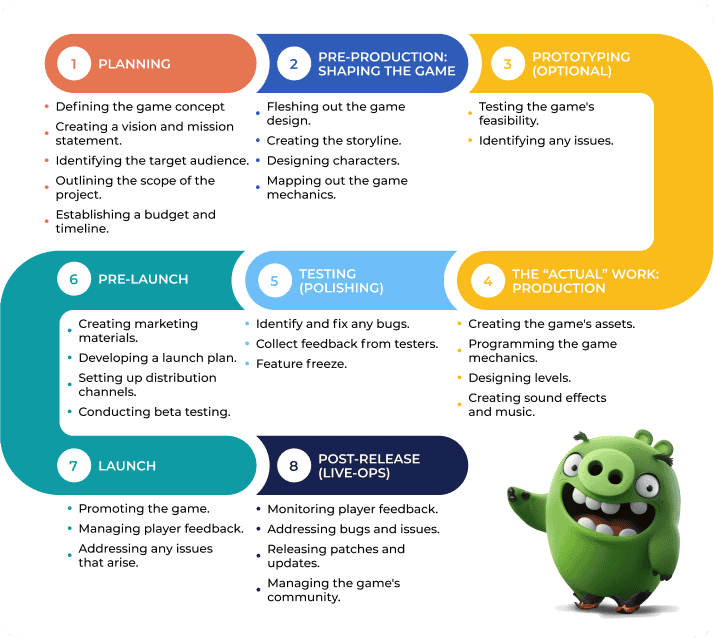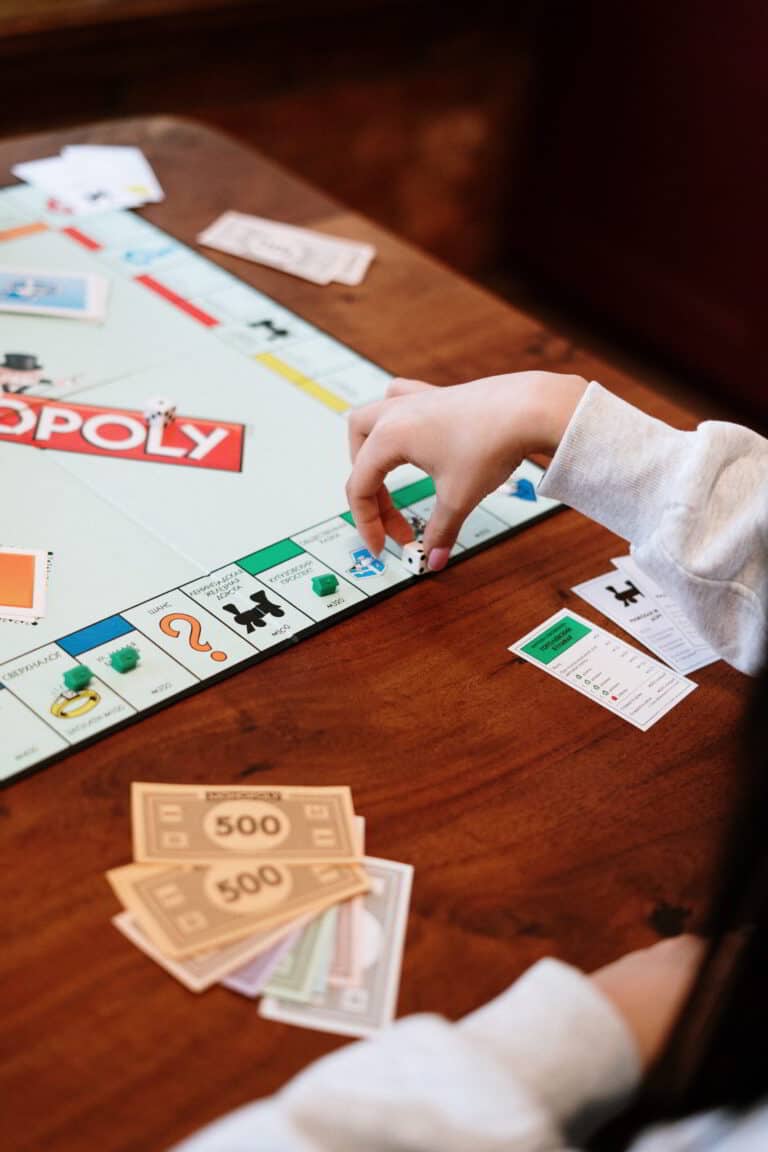Power Play: Using Board Game Design to Foster Social and Emotional Skills
Introduction: A Game of Life Skills
Board games are more than mere pastimes; they are vehicles for skill-building. Our favorite childhood games often serve as our earliest classrooms, teaching us essential social and emotional skills. Whether it’s the sportsmanship learned from accepting defeat in chess or the strategy crafted through numerous rounds of Risk, board games shape us in ways we often overlook. But how can we intentionally design board games to foster these skills further?
Chapter One: Understanding the Power of Play
Board games act as playgrounds for the mind. They provide a safe space for players to experiment, make mistakes, and learn from them. From waiting for one’s turn in Snakes and Ladders to deducing a friend’s next move in Stratego, these games impart valuable lessons in patience and empathy. As game designer, your role is to weave these experiences subtly into the gameplay, enabling players to absorb these life skills intuitively.
Patrick Bet-David, an entrepreneur and educator, once said, “The world’s best classroom is at the feet of an elderly person, the world’s second best classroom is a playground.” We might as well say, the world’s third best classroom is a board game.
Chapter Two: Building Games with Purpose
To build a game with social and emotional skills at its core, begin with the end in mind. What do you want your players to learn? Whether it’s negotiation skills from a game of Catan or the value of teamwork in Pandemic, each game should have a clear learning outcome. Design your game mechanics to mirror these outcomes. For example, a game teaching negotiation skills might include trading resources as a core mechanic.
Elon Musk said, “Any product that needs a manual to work is broken.” This statement holds true for board games as well. The lessons you want to impart should emerge naturally from the gameplay, not feel like an instruction manual for social and emotional learning.
Chapter Three: Weaving the Narrative
A compelling narrative can be a powerful vehicle for teaching social and emotional skills. When players are invested in the storyline, they are more likely to engage with the game’s learning objectives. The narrative should be intertwined with the game mechanics, providing a context for the players’ actions. For instance, a game about resilience could have a narrative revolving around a character overcoming various obstacles.
As the famous saying goes, “Life is the most challenging game of all.” With the right narrative, you can mirror these life challenges in your board game, fostering critical life skills in the process.
Chapter Four: Fostering Replayability
A game that’s played over and over again provides a more significant learning experience. To enhance replayability, integrate elements that vary from game to game, such as random event cards or a modular board. This ensures each playthrough is unique, keeping the game fresh and exciting. As players revisit the game, they encounter repeated instances to practice and refine the social and emotional skills they learn.
Chapter Five: Addressing Design Challenges
Designing board games for skill-building presents unique challenges. Balancing the fun aspect with educational value is a delicate task. An engaging game could fall flat on educational objectives, while a highly educational game might be dull to play. As a designer, your challenge is to create a game that seamlessly blends fun and learning, fostering an environment where players naturally acquire the intended skills.
“Design is not just what it looks like and feels like. Design is how it works,” Steve Jobs once said. Designing a board game to foster social and emotional skills is not merely about making it visually appealing, but about how it functions as a tool for learning.
Conclusion: The Final Roll of the Dice
Board game design holds incredible potential for fostering social and emotional skills. As you embark on this journey, remember to keep the players at the heart of your design process. After all, they are not just players, but learners navigating the intricate paths of life. Your game could be a beacon, illuminating their way with invaluable skills.
Join our exclusive email group for more insights into board game design and its powerful potential for skill-building. With every roll of the dice, you’re shaping futures. Keep playing, keep learning!
FAQs
What social and emotional skills can be learned from board games?
Answer: Board games can help foster a range of skills such as patience, empathy, strategic thinking, teamwork, and negotiation skills. They can also help improve communication and problem-solving abilities.
How can replayability enhance learning in board games?
Answer: Replayability ensures players encounter repeated instances to practice and refine the social and emotional skills they learn. This consistent engagement aids in better learning retention.
How can narratives be used to teach social and emotional skills?
Answer: A compelling narrative can make players more invested in the game. This engagement, combined with game mechanics mirroring real-life scenarios, provides a context for learning and practicing social and emotional skills.
Keywords: board game design, social and emotional skills, skill-building, game mechanics, narrative, replayability, game design challenges
References: BoardGameGeek, Psychology Today, Forbes, Wired, The New Yorker
Anecdote: I remember my first time playing Monopoly as a kid. At first, it was all fun and games until my little brother cornered the market on hotels and left me bankrupt. It was a crushing defeat, and I remember the gloating look on his face. Yet, looking back, it was through such games that I learned some of life’s most valuable lessons. I learned that life isn’t always fair, that strategy matters, and sometimes, the dice just don’t roll in your favor. But most importantly, I learned the power of resilience – the drive to pick myself up and play again, no matter how many times I lost. To this day, those lessons serve me well in life’s grand game.







